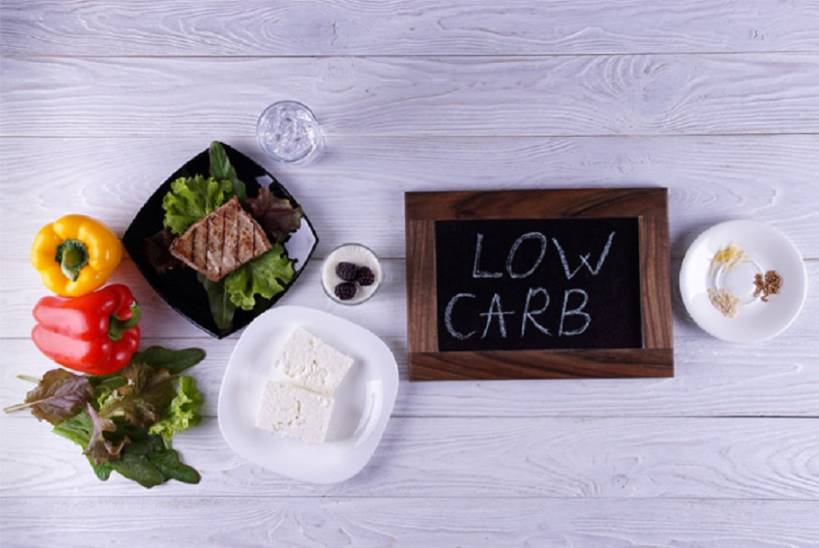The fallacy of the low diet. There is serious gluttony (excuse the pun) of low “something” diets out there, whether it be the low carb diet, the low fat diet or the low calorie diet – they are all highly popular and advocates claim to have lost many, many pounds when using them but the real question is, are they healthy?
This post attempts to answer that difficult question and gives honest opinion on whether a low diet is a diet you should be using to lose weight fast. But first let’s begin by discovering some of the basics…
What is a low diet?
A low diet is a diet weight loss plan that advocates consuming low amounts of certain macro-nutrients or calories in order to lose weight. That means that either fats, carbohydrates or protein (less often) is reduced significantly from meal plans or calories are drastically cut on a daily basis.
Does a low diet help you lose weight faster?
The answer to this question really depends on what type of low diet you are adhering to as well as how your own body responds to various types of foods. Let’s investigate each type of low diet in turn:
The low calorie diet
As far as the very low calorie diet, I certainly wouldn’t recommend it – significantly cutting calories can lead to your body responding with it’s “starvation mode” which will cause fat retention in a bid to stave off starvation. With a low calorie diet you may see initial dramatic weight loss but most of the weight lost will be water weight and muscle wastage rather than fat loss and when your metabolism slows down, you may well notice weight gain in the form of fat.
The low protein diet
Low protein diets are few and far between and I would also avoid them. Protein is necessary in order to maintain and build muscle, in turn muscle mass gives your body shape and helps increase the metabolism, so cutting back your protein intake seems nonsensical if you are looking to lose weight.
The low fat diet
Low fat diets became all the rage in the 80’s and still have their advocates today. If you are to use a low fat diet be sure that you are getting a balance of the whole spectrum of fats and ensure you aren’t cutting back on them completely. Hydrogenated or trans fats are the ones to avoid, these can be found in a wide range of processed, pre-packaged foods and have been shown to cause all sorts of health related issues.
Ensure the low carb diet plan you are using is giving you enough calories and the complex carbs (pastas and potatoes, etc) you are eating are slotted around your exercise times. You should be looking to include plenty of vegetables in these types of diet plans, these constitute carbohydrates but they are of the fiburous variety and more often than not have a low glycemic index which helps regulate insulin.
Conclusion on the low diet – do they work? Are they healthy?
There is no doubt in my mind that a low diet can be extremely effective in helping you lose weight but in order to stay healthy it is vitally important that the plan you choose is not too drastic and doesn’t advise you to eat just any old rubbish in substitution for the “low” elsewhere in the diet. You need to also ensure that your chosen diet is a “low diet” and not a “no diet” – the human body needs all macro-nutrients and any diet suggesting otherwise is one to definitely avoid.
Ultimately, some low diets can be healthy so long as they are used wisely and as part of an overall plan to lose weight but if you become too drastic with them, they are likely to be detrimental not only to your weight loss efforts but also your health. My advice is to experiment with low carb and low fat diets and look to cut calories in small amounts, avoid excessive calorie reduction and don’t go too low with your protein.
The low diet isn’t the answer to all your fat loss prayers but by incorporating some of their philosophies into your own diet can be useful and often give you that little boost you need to keep you on track.





